
You might spot a familiar product on a shelf abroad, only to realize it goes by a completely different name. Brand identities often shift to match local cultures, languages, or trademarks. The changes are subtle, but once you notice them, they’re hard to unsee.
Burger King Becomes Hungry Jack’s In Australia

When “Burger King” tried to expand into Australia in the 1970s, it hit a legal roadblock—the name was already trademarked. So, the company chose “Hungry Jack’s” as its local brand, borrowing the name from a Pillsbury pancake mix. Same Whopper, different name—now one of the most iconic rebrands in fast-food history.
Cool Ranch Doritos Are Cool American In Europe
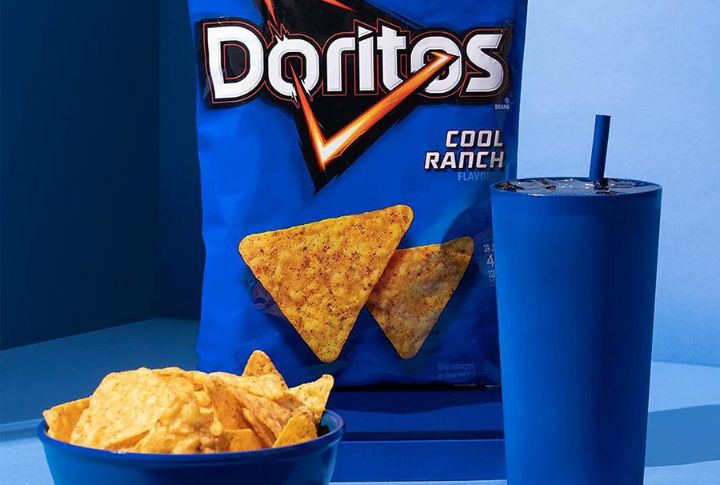
“Ranch” dressing doesn’t ring a bell for most Europeans. That’s why Doritos rebranded their Cool Ranch flavor as “Cool American” in countries like Iceland and the Netherlands. It’s a packaging tweak with a cultural translation strategy—one that leans into how Europeans view U.S. flavor profiles.
Axe Body Spray Is Lynx In The UK And Australia
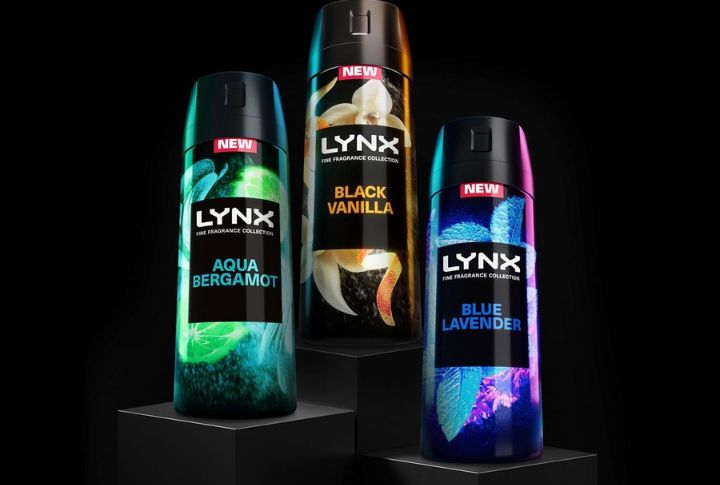
What Americans know as Axe, teens in the UK have sprayed on as Lynx since the ‘80s. Trademark restrictions prompted Unilever to pivot branding. Although the scents and campaigns often overlap, the name “Lynx” holds a stronger legacy and brand loyalty in Australia and New Zealand.
Lay’s Chips Are Walkers In The UK
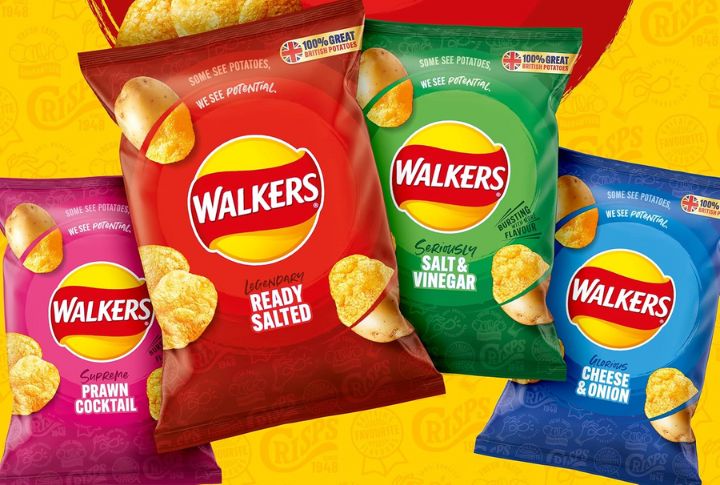
In the UK, you’ll find the same crinkle-cut crunch sold under the Walkers label. PepsiCo, which owns both Lay’s and Walkers, chose to keep the British brand name due to its strong recognition. Interestingly, the logos are nearly identical—only the name on the bag differs.
Rice Krispies Are Rice Bubbles In New Zealand
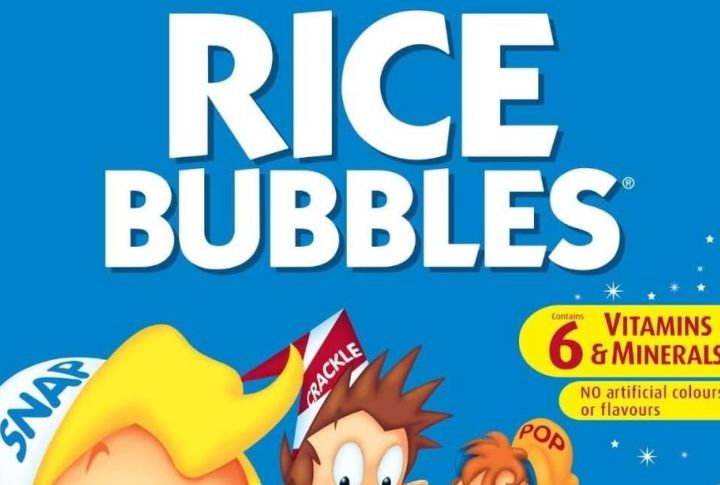
In New Zealand, your morning snap, crackle, and pop comes from a bowl of Rice Bubbles. Kellogg has adopted the name decades ago to better fit local linguistic rhythms. Even with the name shift, the cereal formula and marketing mascots remain internationally recognizable.
Dove Chocolate Is Galaxy In The UK
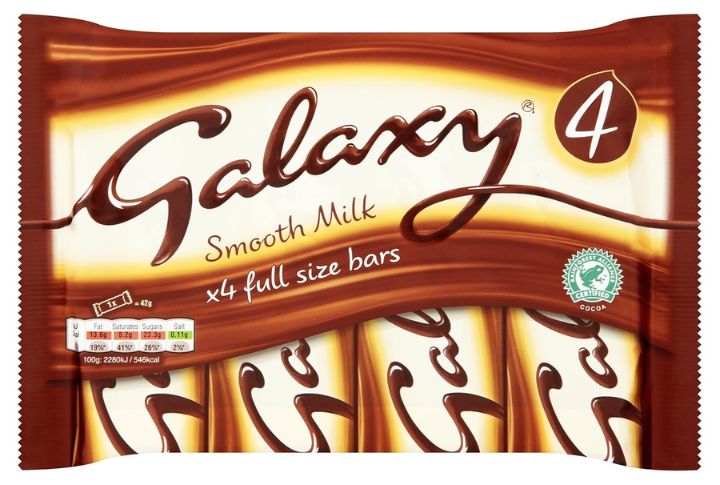
For British consumers, smooth milk chocolate wrapped in “Galaxy” branding is the norm. In the U.S., it’s Dove, despite being the exact same recipe. Mars Inc. made the branding distinction to avoid confusion with Dove’s skincare line, which is an example of cross-industry name guarding.
Frosted Flakes Are Frosties In Europe
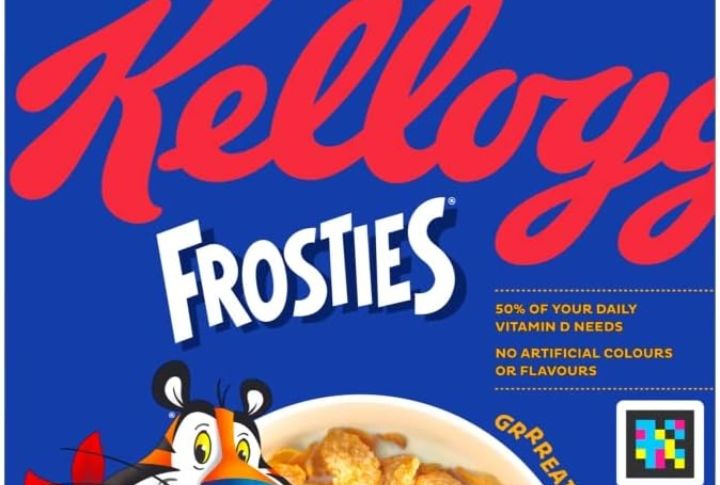
Tony the Tiger leads the charge on both boxes in these different countries. Frosties dominate breakfast aisles across the UK and parts of Europe, even though the cereal inside is the same as America’s Frosted Flakes. The case here is that the simpler name just fits smoother in markets where “flakes” sounds less familiar or appealing.
Cocoa Krispies Are Coco Pops In The UK
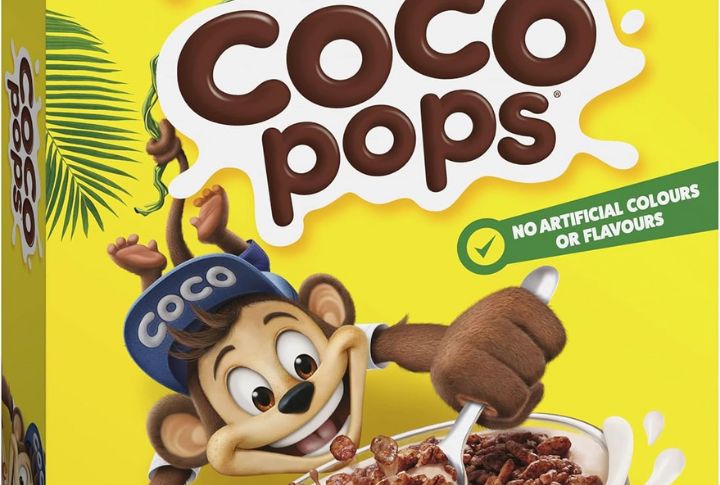
Ask for Cocoa Krispies in London, and you’ll be met with a puzzled look. Over there, it’s Coco Pops—a chocolatey cereal that’s kept the name since its British debut. Kellogg’s uses regional variations to connect better with consumers, even when the product itself doesn’t change.
Tylenol Is Paracetamol In The UK
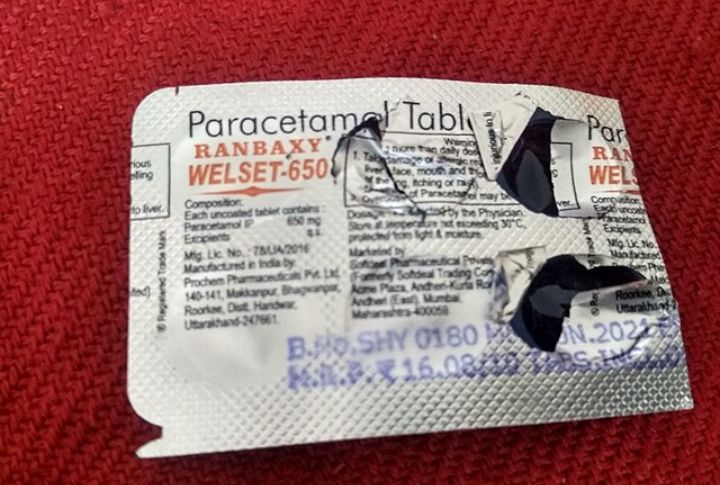
Acetaminophen is the active ingredient in Tylenol, yet you won’t find that name on UK pharmacy shelves. Instead, uses paracetamol, which is a generic label that’s used nearly everywhere outside North America. The distinction stems from regional pharmaceutical naming standards, not a difference in formulation.
Snickers Was Marathon In The UK
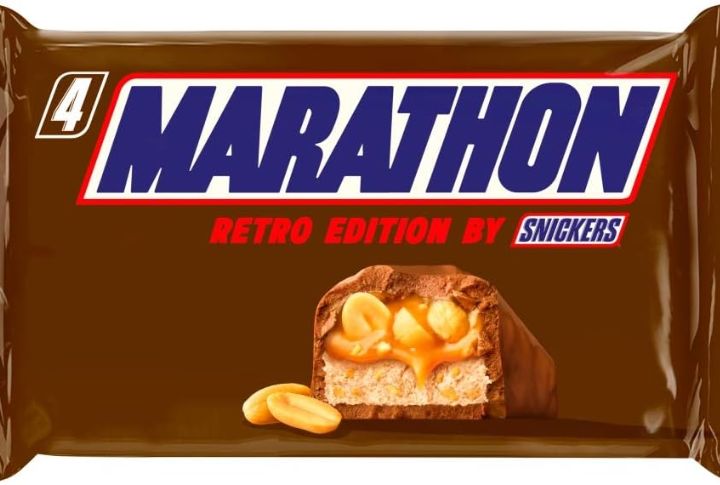
Before 1990, what Brits now know as Snickers was sold under the name “Marathon”. Mars Inc. rebranded it to align with the global market, sparking some nostalgic resistance from longtime fans. Still, the name change stuck, making Snickers a consistent brand worldwide.
Starburst Was Opal Fruits In The UK

“Opal Fruits—made to make your mouth water.” That was the catchy jingle before Starburst took over UK shelves in 1998. The name change aligned the brand globally, but many Brits (people in the UK) still fondly remember the original, fruity moniker from its launch in the 1960s.
KFC Is PFK In Quebec

In French-speaking Quebec, Kentucky Fried Chicken signs read “PFK,” short for “Poulet Frit Kentucky.” The name reflects the province’s strict language laws, which require French in business names. PFK’s menu and branding visuals are nearly identical to its English counterpart, just in translation.
Degree Deodorant Is Rexona Or Sure Elsewhere

You won’t find Degree on store shelves in the UK or Latin America. Instead, it’s sold as “Sure” in the UK and “Rexona” in many other countries. All three are the same Unilever product, just rebranded to match local markets and avoid naming conflicts.
Jif Cleaning Cream Is Cif In Europe
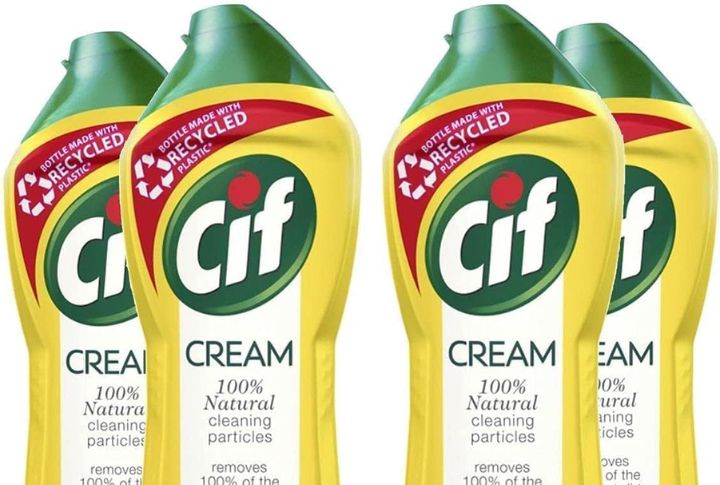
To unify branding across Europe, Unilever changed “Jif” to “Cif” in the UK in 2001. The decision wasn’t random because “C” is easier to pronounce across multiple European languages. Regardless of the minor backlash, sales remained steady, and that proves that familiarity with the product mattered more than the name.
T.J. Maxx Is T.K. Maxx In The UK

Shoppers in the UK scour deals at T.K. Maxx, not T.J. Maxx. The change came when brand owners worried British consumers might confuse it with local discount chain T.J. Hughes. Beyond the logo, the store’s aesthetic and retail strategy remain perfectly aligned with its American roots.
Coca-Cola Light Is Diet Coke In The US
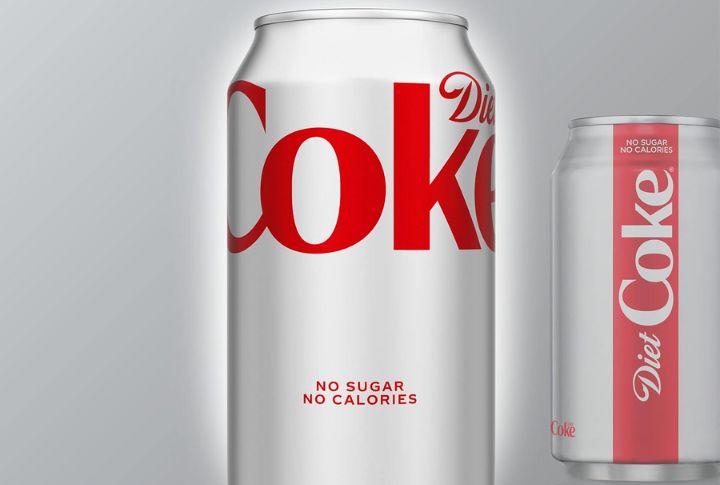
Globally, Coca-Cola Light outsells Diet Coke, especially in Europe and South America. The taste varies slightly due to different formulas, even though both aim to provide a sugar-free alternative. Coca-Cola’s naming choice depends on regional flavor preferences and the historical rollout of its brand.
Milky Way Is Mars Bar In The UK
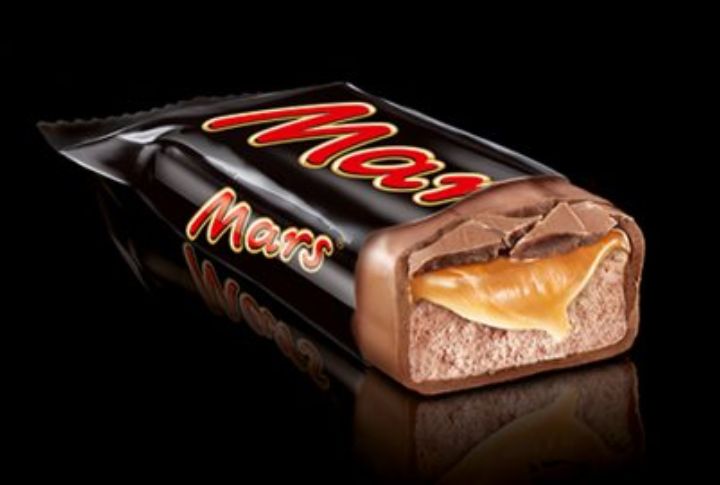
This brand adapts to local tastes and expectations. In the U.S., the Milky Way features nougat and caramel coated in chocolate, almost identical to what the UK sells as a Mars Bar. Meanwhile, the UK’s version of Milky Way is a lighter, fluffier bar with a more marshmallow-like nougat and no caramel.
Sour Patch Kids Are Very Bad Kids In France

In France, Sour Patch Kids go by a bolder name: Very Bad Kids. It’s the same sour-sweet gummy candy Americans know, just rebranded with a cheekier, more rebellious twist. The French version leans into mischief more directly; something the original hints at but doesn’t explicitly state.
Cheerios Are Honey Nut Loops In Some Countries
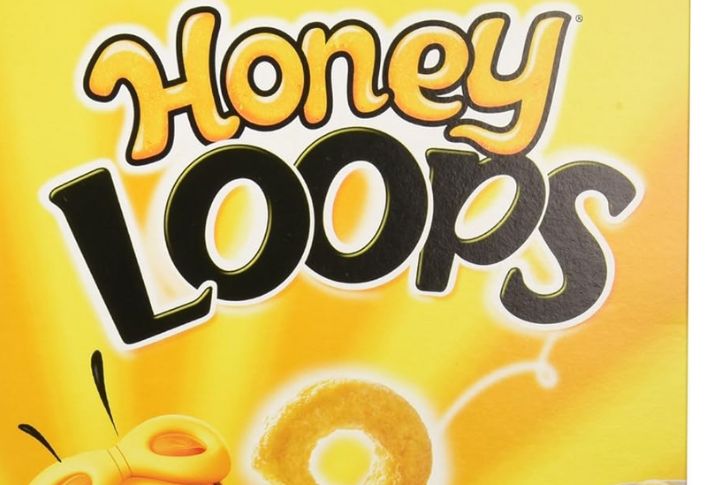
In parts of Europe and Latin America, cereal aisles provide Honey Nut Loops rather than Cheerios. The product formula stays consistent, but the naming reflects consumer familiarity and flavor-specific branding strategies. General Mills adapts their cereal naming to match local habits and breakfast vocabulary.
The Laughing Cow Is La Vache Qui Rit In France
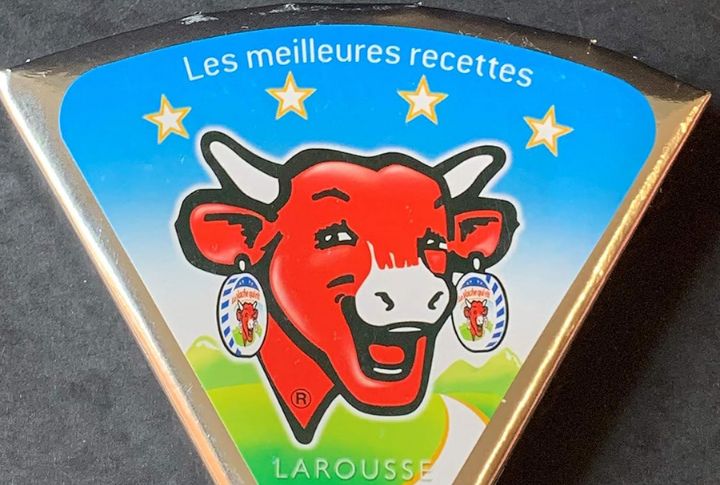
Although The Laughing Cow is widely recognized in the U.S., the brand’s origins are unmistakably French. “La Vache Qui Rit” launched in 1921 and still uses its original name across French-speaking regions. The translation preserves brand heritage while giving a whimsical logo that transcends language.

